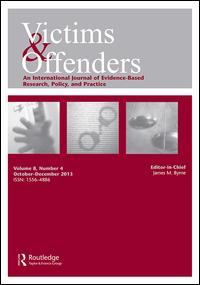Commonness, Costliness, and Consequences of Monetary Sanctions
Commonness, Costliness, and Consequences of Monetary Sanctions
- Miriam Northcutt Bohmert, Ebony L. Ruhland, Michelle Ying, Carmen L. Diaz
- Publication Date
2025 - Website
- View Publication Details
Prior research has found conflicting findings regarding the association between monetary sanctions and negative supervision outcomes, perhaps limited by a narrow selection of agency and sanction types. Improving on prior research, we examine the commonness, costliness, and impact of monetary sanctions in three types of supervision agencies (probation, parole, community corrections) and across four types of monetary sanctions (court fines, court fees, restitution, supervision fees). Data from courts and supervision agencies show supervision fees, or user fees paid to supervision agencies and not the courts, are the most common. The most costly sanctions are experienced by community corrections clients; we attribute this to the use of electronic monitoring. Unpaid monetary sanctions are associated with greater odds of violation and revocation, for probation clients and with revocation for community corrections clients. There is no relationship for parole clients, who benefit from stricter statutory limiting their supervision fees.
 The College of Arts
The College of Arts